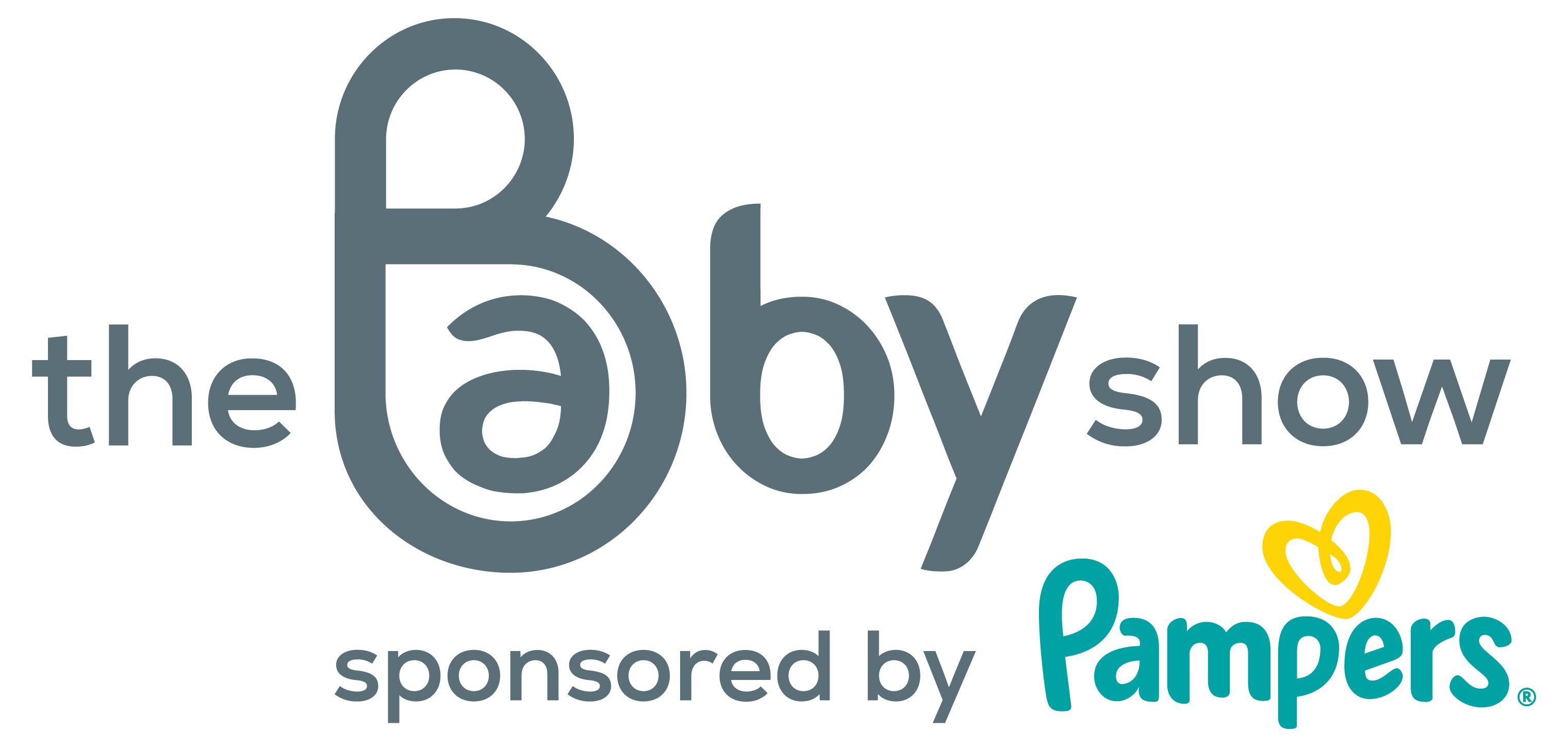Guest Blog - Weaning Q&A with Lucinda Miller
)
Happy Weaning Week 2021! Each year, Weaning Week brings together experts and parents to celebrate all things weaning to inform, educate and inspire parents and carers when feeding their babies, to enjoy this exciting milestone and raise adventurous little foodies and encourage life-long health eating habits.'
We asked the UK's go-to naturopath and children's nutrition expert, Lucinda Miller, a few common concerns and questions parents have about weaning...
Why is it recommended to wean babies from 6 months and not before?
Six months is not a strict rule, as every baby is ready at a slightly different time; but it is when most babies have reached the three main milestones to enable them to eat solid foods:
- they have good head control and ability to sit up in a high-chair;
- they have enough hand, eye and mouth coordination to be able to grab food and bring it to their mouth;
- they have grown out of the tongue-thrust re?ex (called the 'extrusion' re?ex) which pushes anything other than food out of the mouth.
Baby-led or spoon-led ' what's the best method?
I feel it is important to try both methods, as some babies find one way easier or preferable than the other. In reality, most naturally end up eating both ways ' just as we might eat porridge with a spoon and raspberries with our hands, babies learn to do the same. That said, some may decide eating porridge with their hands is just as fun!
Giving both options is as simple as some pureed broccoli, with a few broccoli florets on the high-chair tray for them to try.
Should we all be feeding our babies organic food?
There is a reason why even all the budget supermarkets stock organic baby foods and this is because pesticides used in conventional farming can affect the developing brain and metabolism. However organic food ingredients can be out of many people's budget, so with non-organic fruits and vegetables, wash and peel these as much as possible instead.
There is a lot of confusion over giving babies allergens such as nuts and eggs. When and how should they be introduced to a baby's diet?
If you have allergies, eczema and asthma in the family or your baby has a known allergy already then you may want to talk to your GP or paediatrician about introducing nuts and eggs. Some allergy specialists are recommending a much earlier introduction of eggs and nuts (4-6 months) to help prevent egg and nut allergies, but again a paediatric allergy specialist should advise on this.
If food allergies are less likely in your family, then you can introduce these as early as 6 months. Try adding in one at a time and try each food twice from week 3. So, this might look like trying cooked egg on day one and two and if that is ok and no allergic reaction, then try unsalted peanut butter on day three and four and then if this is ok try unsalted almond butter etc. These can be a tiny taste off a teaspoon or mixed into fruit or vegetable puree or porridge. I always recommend trying a new allergen in the morning so if there is an allergic reaction it is easier to head to A&E.
Would you recommend any dietary supplements for babies who are being weaned between 6-12 months?
Babies really only need additional vitamin D if they are being breastfed or consuming less than 500ml of infant formula daily.
If your baby has got the hang of weaning quite quickly and is eating foods rich in iron and omega 3 daily, then they probably won't need a top up of these and ideally a baby gets all their nutrients through food. All formula-fed babies will be getting some DHA omega 3 but again breast-fed babies may need a top up unless mum is taking omega 3 herself and regularly eating oily fish. Exclusively breast-fed babies will need additional iron if they are not eating iron-rich foods like red meat, green veg, eggs, beans, lentils and apricots twice daily.
Are probiotics recommended for babies to help support their immune systems?
Specialist baby probiotics can be very useful for supporting the immune system and for gut and skin health. Most milk formulas do contain prebiotics (which feed the beneficial probiotic bacteria in the gut) to help build a healthy microbiome and breast milk can provide a much broader diversity of gut microbes to the baby. However, if your baby has needed antibiotics or you needed to take them whilst breastfeeding, then a probiotic might be a very helpful intervention to help build back the healthy microbes into baby's tummy?
Is there any special equipment you find useful for prepping food for babies?
Other than a very sharp knife to chop the vegetables very small, a brilliant peeler and a stick blender to smoosh the food up. You don't need much more!
Is it ok to give your baby ready-made baby food?
I go with the 80:20 rule so that cook from scratch as much as possible as this is going to be healthier and more nutritious than anything shop bought. However, when out and about and in emergencies the baby pouches can be quick and convenient.
Which herbs and spices do you recommend using in baby food? Any to avoid?
Other than chilli and salt a baby can have any herbs and spices in small amounts. It is important to make food tasty and easy to digest and this is what all my recipes are all about. In week three you can start introducing dill, parsley, thyme, sage, cinnamon, nutmeg and even garlic.
Why is your baby's gut health important to their immunity and brain development?
The billions of microbes in our gut help us digest our foods and some even make vitamins. They help us form a healthy immune system which helps us fight off viruses and bacterial infection as well as prevent allergies and potentially even childhood cancers. They are also the building blocks for making our brain hormones called neurotransmitters which help children learn, develop and stay happy, healthy bunnies. Lactobacillus beneficial bacteria is in live natural yoghurt and kefir is the key bacteria needed for learning, development and may also help with sleep patterns and keep them cheery.'
Can you tell us about your new book?
I am super excited about'I Can't Believe It's Baby Food'as every single recipe is packed with food to nourish a child's brain cells, immune systems and gut microbes. All the recipes are made so that, the whole family can enjoy them, and you only cook once. Because in my clinic we do see lots of babies with multiple allergies, reflux and selective eating, I have written this to also to help parents avoid the common nutrition pitfalls. So, the recipes have substitutes for the 14 main food allergens, as well as plant-based. We all know that refined white flour and refined sugar is not that nutritious for kids, so I've written all the recipes without any at all, so it really is possible to make healthy food that they love.
What's your favourite recipe out of your new book I Can't Believe it's Baby Food?
Gosh it is so hard to decide. Probably the Chamomile and Vanilla Teething Biscuits which are made from sweet potato and carrot and are a saviour when babies and toddlers are having a tricky time with their teething.
Lucinda Miller is the NatureDoc. She is the UK's go-to naturopath and child nutrition expert and runs a nutritional therapy clinical team specialising in mother and child nutrition. She works alongside paediatricians, child neurologists and child psychiatrists using a truly integrated approach to health.
Lucinda writes a blog at www.naturedoc.co.uk, offering simple and effective tips for brighter, happier children, as well as a recipe resource, dedicated to delicious and healthy recipes for tricky diets. She has been practising as a naturopath for over 20 years and has also qualified in Functional Medicine and is a Master Herbalist. She is a mum of three and lives in Wiltshire. Her second cookbook'I Can't Believe It's Baby Food'is published by Short Books on May 20th.

